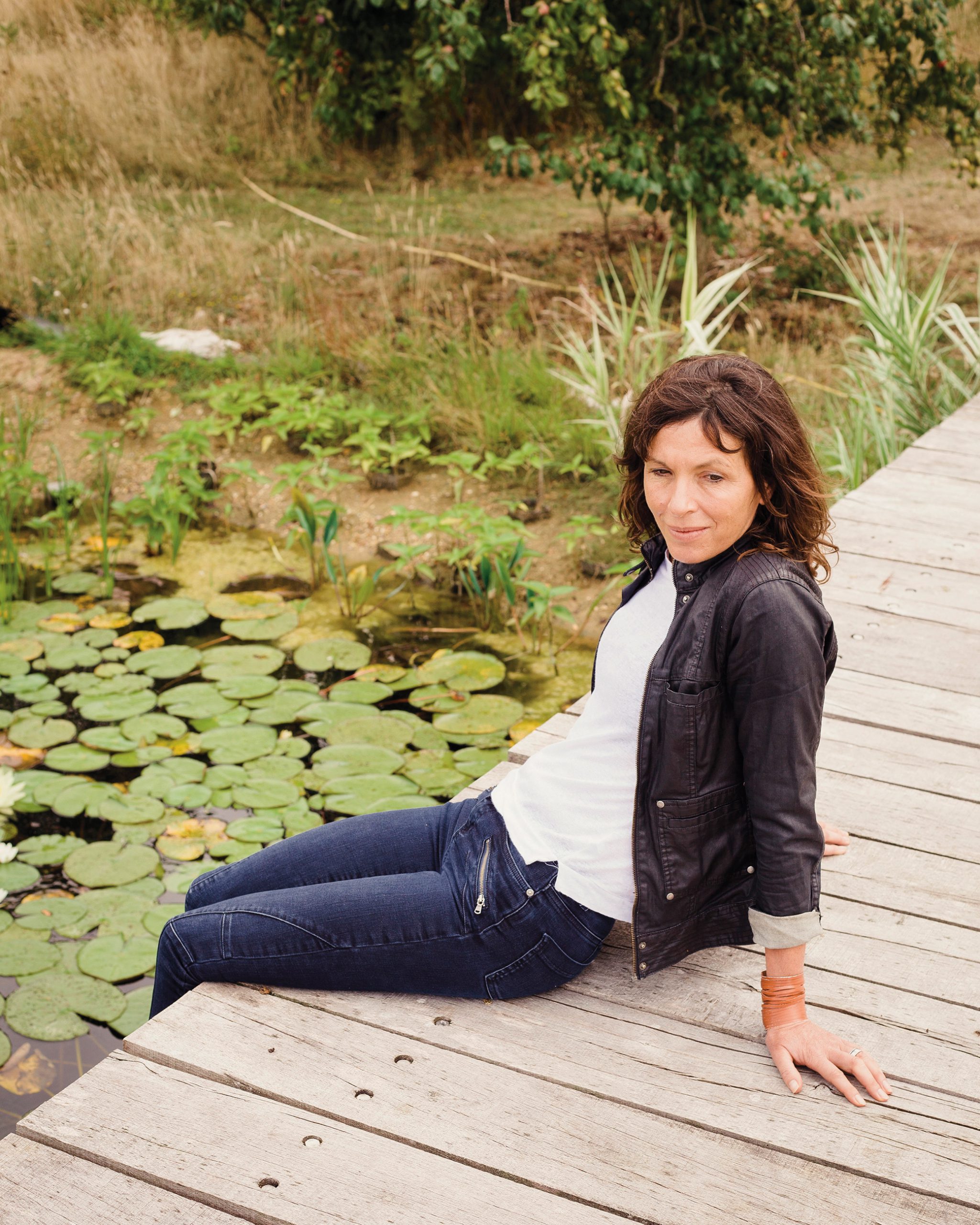
Oh to have a midlife crisis as fruitful as Rachel Cusk’s! The 54-year-old novelist has been in a state of inspired cataclysm for at least two decades now. It was motherhood that prompted it – her memoir, A Life’s Work: On Becoming a Mother (2001), was about as pure an expression of outrage at the indignities and injustices of childbearing as seems publishable, and marked a shift from the acerbic social comedies of her early career. Three vivisections of English middle-class domesticity followed (In the Fold, Arlington Park and The Bradshaw Variations), interspersed with two more unsparingly candid essayistic works, about her disastrous attempt to move abroad (The Last Supper: a Summer in Italy in 2009) and then her divorce (Aftermath: On Marriage and Separation in 2012). Each memoir appeared to be on the rebound from the one before, a phoenix-like act of self-destruction that laid the path for creative reinvention.
But not without burning the author. Following the critical mauling of Aftermath, Cusk found herself unable to write for several years. By the time she recovered from what she described as “creative death”, she had made some important decisions. Novels, she realised, were full of artificial and embarrassing contrivances: plot, character, dialogue, suspense. Taking her cue from the autofiction of Karl Ove Knausgaard (who has also had an extremely productive midlife crisis), she created her own form with Outline (2014): plotless, semi-autobiographical accounts of one woman’s conversations with friends, acquaintances and strangers. This woman is a divorced middle-aged writer, Faye, who has left her old life behind. She has lost her belief in reality and appears withdrawn, acting as a passive receptacle for other people’s stories, which are marked by catastrophes, epiphanies, transitions.



